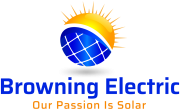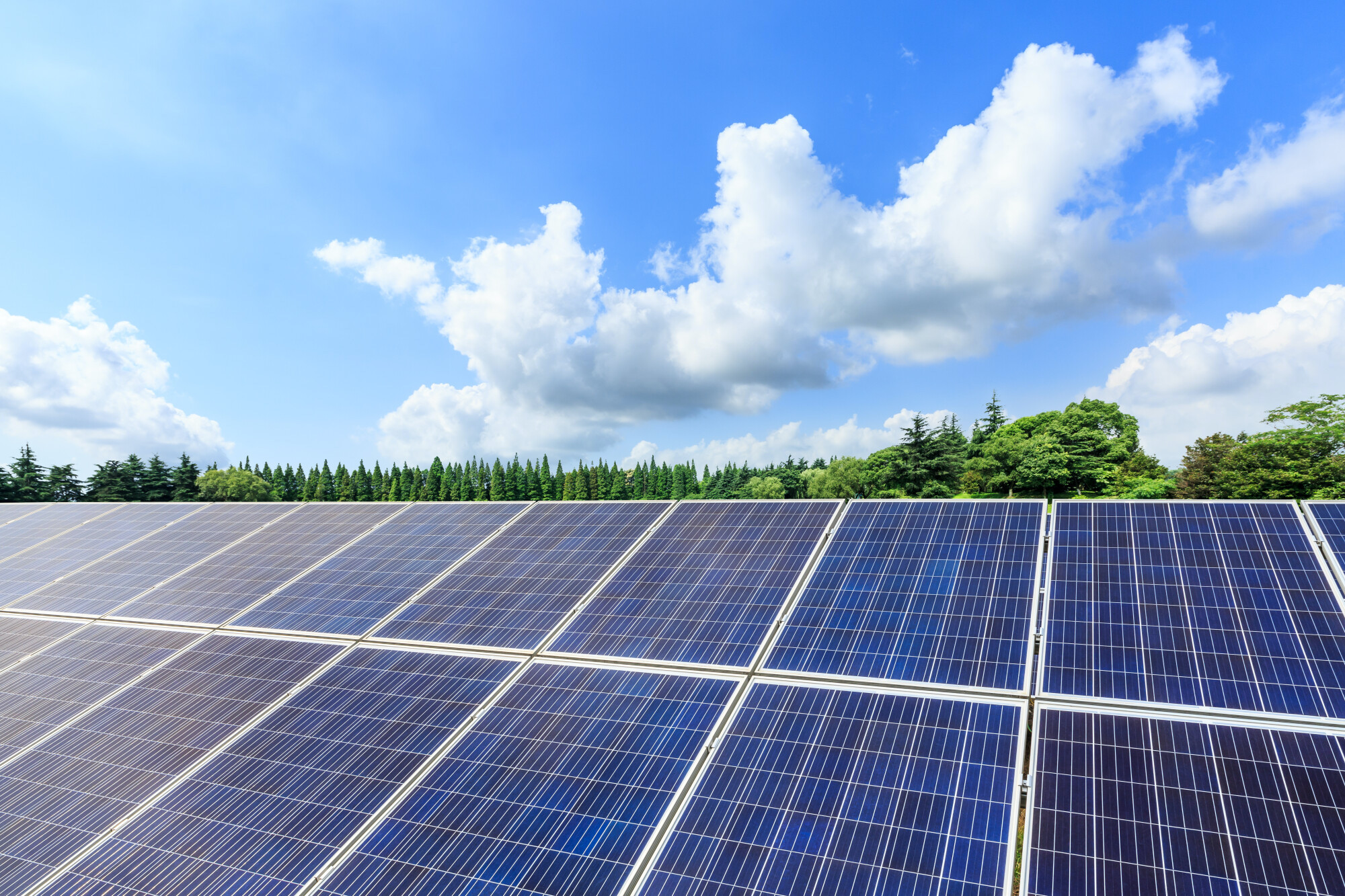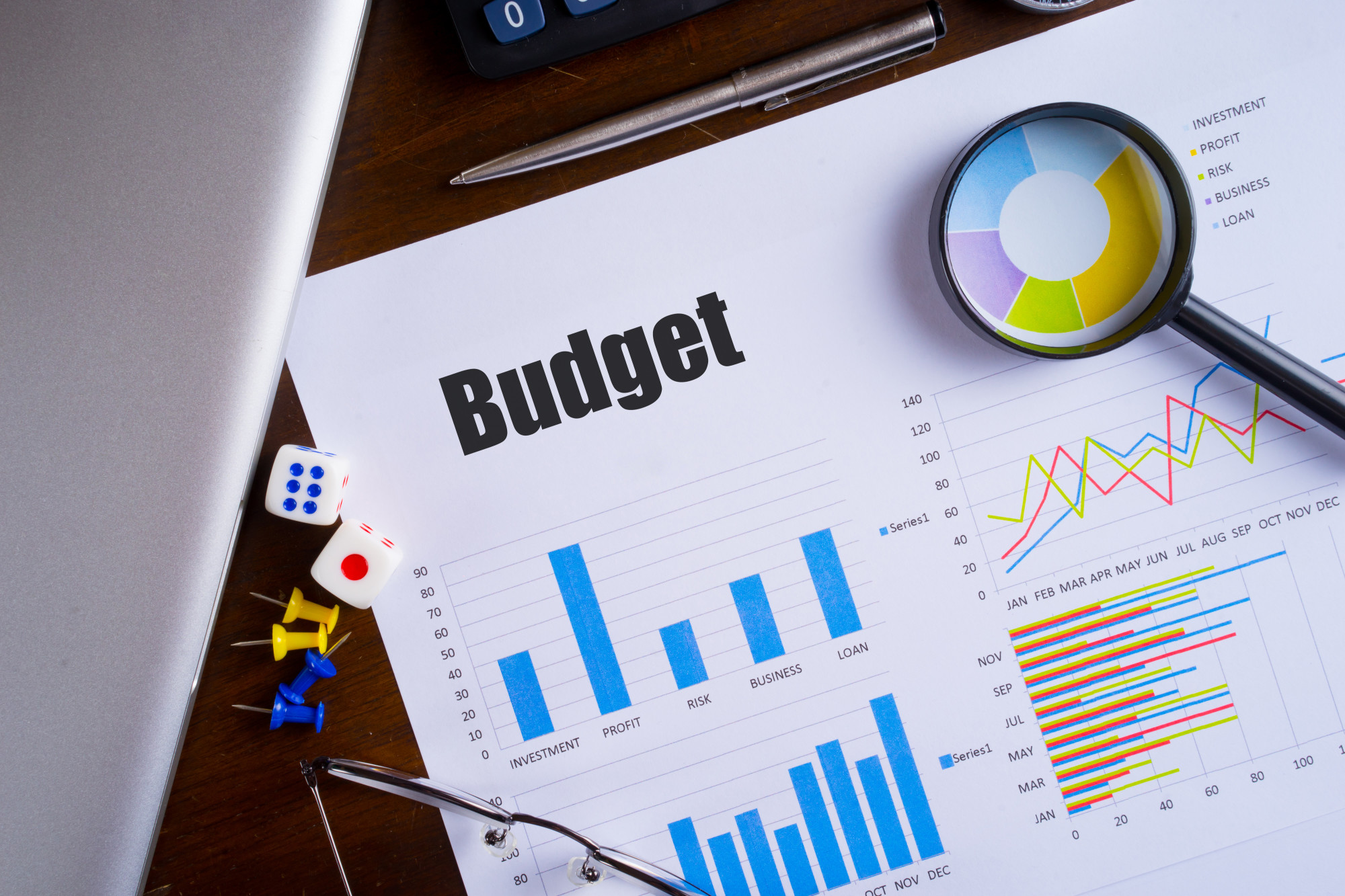Did you know that solar jobs have increased 167% within the past decade?
Are you interested in going solar but don’t know where to start?
You have been wanting to go solar for a while now. You may have even done some research and understand its benefits.
A residential solar power system can save you a great deal of money on your electric bill. It is terrific for the environment, and it increases the value of your home.
It is understandable, though, if you are feeling overwhelmed. After all, there are many different types and brands of solar panels on the market.
Want to learn how to choose the best residential solar power system for your needs? Keep reading!
The Basics of Solar Panel Efficiency
Solar power systems for your home are becoming more and more popular. How do solar panels function, and how efficient are they?
Want to determine solar panel efficiency? Do this by measuring the percentage of sunlight that converts into usable electricity. The average efficiency of residential solar panels is between 14-22%.
Solar power systems rely on solar panels to convert sunlight into electricity. The solar panel consists of photovoltaic cells, also called solar cells.
The materials in solar cells allow them to absorb sunlight and create an electric field. When the sun shines on the solar cell, free electrons are knocked loose from their atoms.
The electrons pass through an electric field. That electric field then transmits to wires that connect to an inverter.
The inverter changes the DC electricity from the solar cell into AC electricity. This is the sort of electricity that runs your home.
The efficiency of a solar panel depends on several factors. That can include the type of solar cell, the size of the solar panel, and the amount of sunlight that hits the panel.
Criteria for Residential Solar Power System
Now that you know about solar power systems let’s look at what to consider when choosing one for your home.
There are three main criteria that you should consider:
Solar Panel Efficiency
The average efficiency of residential solar panels is between 14-22%. Yet, some solar panels on the market have up to 24% efficiency.
Solar panel efficiency is essential, but it is not the only factor you should consider. The size of the solar panel is also important.
The Size of the Solar Panel
You measure the size of the solar panel in watts. The higher the wattage, the more electricity the solar panel produces.
Solar panels come in various sizes, so you will need to decide how much electricity you need to generate.
For example, a 2 kilowatt (kW) solar panel can produce enough electricity to power a small home. A 5 kW solar panel can produce enough electricity to power a medium-sized home.
The warranty
The warranty is also an essential factor to consider. Most solar panels come with a guarantee that covers defects in materials. As well as workmanship.
But, some solar panel warranties only cover the solar panel for a certain number of years. Make sure to read the warranty before you buy.
Find a Solar Provider
Now that you know what to look for in a residential solar power system, it’s time to find a solar provider.
Make sure to do your research and compare different solar providers. Also, be sure to read reviews and compare prices before making your final decision.
This is a big decision, but you can find the perfect solar provider for your needs with some research.
Looking for a solar provider? Contact us today to get a free solar quote!


